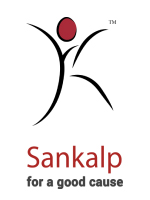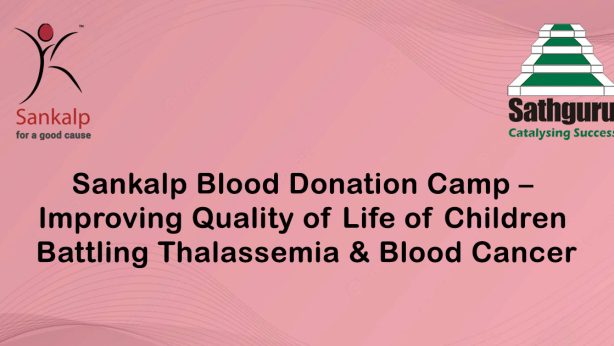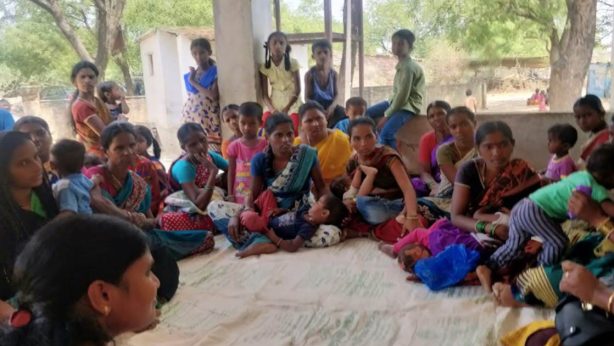Is this also child sexual abuse?
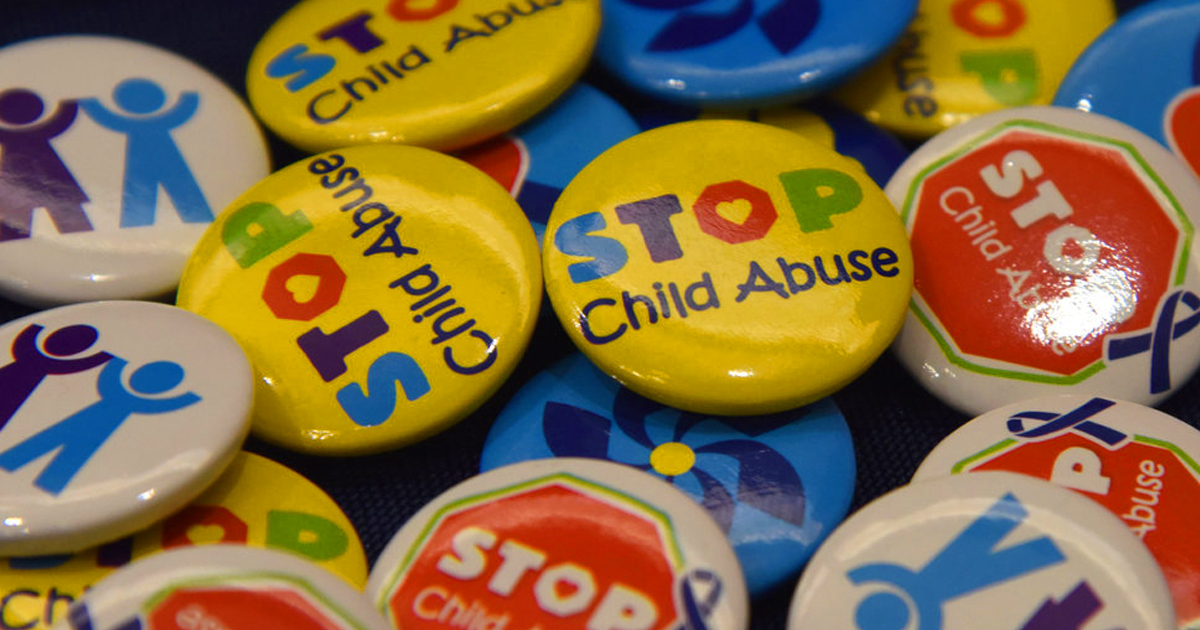
Every child is entitled to the right to protection, and it’s our responsibility to create safer communities for children.
As we concluded the session on child sexual abuse (CSA) in a government school in Hyderabad and were preparing to head back, we heard a voice from behind..“I want to talk to you”. We saw a 13-year old girl looking at us anxiously, intending to share something. We settled in a comfortable place, and started listening to her story…“my father was a wage earner who passed away some years back with a health problem. Since then, my mother started working as a domestic maid. I am the only daughter and am studying in class 7. There is a medical shop near my home and the owner was my father’s friend. He comes to our house now and then and helps us with money in difficult times. I too go to his shop whenever we need medicines and I call him uncle. I generally pass by his shop to reach school and back home. Since last few days, uncle is calling me to his shop and giving me chocolates and biscuits for free. He comes on and off to school to fetch me too. One day uncle told me that he will take care of me and my mother and make our lives comfortable if I listen to him. But I did not understand what he meant by comfortable and what was it that I had to listen to. He did not touch me in my private parts but would call me to the private space behind his shop, several times. I never went inside the shop and somehow his presence always made me uncomfortable. And she stopped there and questioned, “Is this also child sexual abuse?”
This story is the real life experience of a child and for confidentiality, the identity of the child is kept anonymous.
This is a case of sexual grooming of a child with the intent of abusing her at later stages. Thankfully this child brought her experience to our notice at the right time and the issue was handled rightly with the support of the school and her mother. The child was lucky enough to have an enabling environment to come out of the potential danger. Otherwise, the child would have been abused and would have had damaging effects on her psychological and emotional dimensions.
But not many children have the luxury of supportive homes. Not many are bold enough to speak up and seek help. The majority of children are subjected to CSA because they are not aware of what exactly child sexual abuse is. And that confusion is taken as advantage by the perpetrators – who are trusted and known persons to child and family, in majority of cases. Due to the stigma associated with sex education, many parents do not educate children about CSA and the ways to protect themselves.
According to the National Study on Child Abuse in India, over 53.2 % of all children in India are sexually abused, out of which 52.94% are boys, while 47.06% girls. The crime often is covert, goes unrecognized due to social stigma, honour, humiliation, and denial from the community. While some survivors go silent and suffer from psychological and emotional perspectives, some become abusers in response to the trauma they undergo. Given the backdrop, it is essential to address this issue and build safer environments for children.
Awareness is one of the most powerful weapons against child sexual abuse. Parents, Schools, Civil Society Organisations (CSOs) and Government have a collective role to play and protect children from CSA.
As a preventive measure, Sankalp conducts regular CSA sessions in government and private schools and organizes reinforcing sessions to retain the CSA knowledge among children at the beginning of the academic year. During our CSA sessions, we conduct a baseline study to assess the knowledge levels among children. The results show that majority of children are aware of contact abuse – good touch and bad touch. But not aware of non-contact and online sexual abuse. The baseline also indicates that children can’t distinguish between good and bad secrets. And children are sceptical about whom to approach in the case of violence and seek help.
While the government enforces legislation, civil society organizations create awareness on CSA to the range of stakeholders; schools create an enabling environment for children to share their insecurities and place strong child protection policies, parents have a greater role to play in safeguarding their children.
But most importantly, it is the parents’ responsibility to empower children with the necessary knowledge to fight and protect themselves. Parents must constantly educate children on CSA in a child-friendly and non-threatening manner. Parents should first equip themselves with knowledge on CSA and the ways to respond if the child reports abuse. As parents, it is important to create a friendly and safe environment for children and encourage children to talk about their problems. Encourage open communication and be open to answering children’s questions and comments and use them as an opportunity to educate them. And most importantly empower children to deal with abuse. Below are pointers to educate children on CSA.
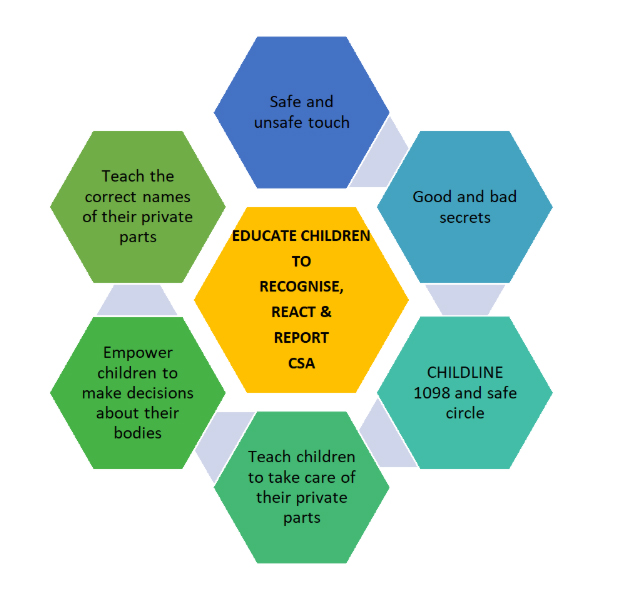
Join hands with Sankalp and let us break the silence and stop child sexual abuse
Author:
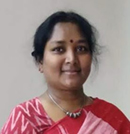
Raja Rajeswari
Associate Vice President – Development
